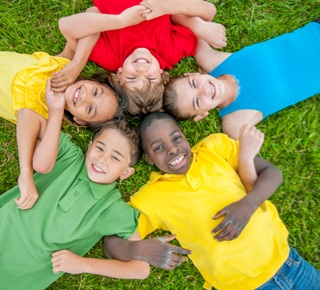Learn how citizenship helps children understand laws, rights, and the importance of being part of a community.
Fascinating fact: Some laws are very old, and one still says it is illegal to carry a plank of wood along a pavement in London. Most-Played Quizzes in This Section:Key Stage 2 Citizenship

About KS2 Citizenship
Citizenship in Key Stage 2 encourages children to think about rules, fairness, and the role of people in society. It helps pupils understand why laws exist and how they protect us all, as well as the importance of respecting the rights of others.
Through quizzes such as Rules and Laws and Local Democracy, children explore how communities are organised. Other quizzes like People Who Help Us and Human Rights build understanding of key ideas in democracy and equality.
By studying citizenship, pupils gain skills that prepare them for being active, responsible members of society who know their rights and duties.
See the official Government guidance: Citizenship programmes of study for key stages 1 and 2.
Frequently Asked Questions
Why is citizenship taught in primary schools?
Citizenship helps children learn how society works, why rules are important, and how they can contribute positively to their communities.
What topics are covered in KS2 Citizenship?
Children learn about rules, democracy, human rights, and people who provide services to help society function. These lessons prepare them for active roles in life.
How do quizzes support citizenship learning?
Quizzes make the subject interactive and engaging, allowing children to test their understanding while reinforcing important concepts about fairness and responsibility.
Author: Education Quizzes Team
|
Quiz Title
Green Lights in This Subject:
0
Total Green Lights:
0
|
Options | |
|---|---|---|
 | Communities | |
 | Human Rights | |
 | Local Democracy | |
 | People who help us | |
 | Rules and Laws | |



